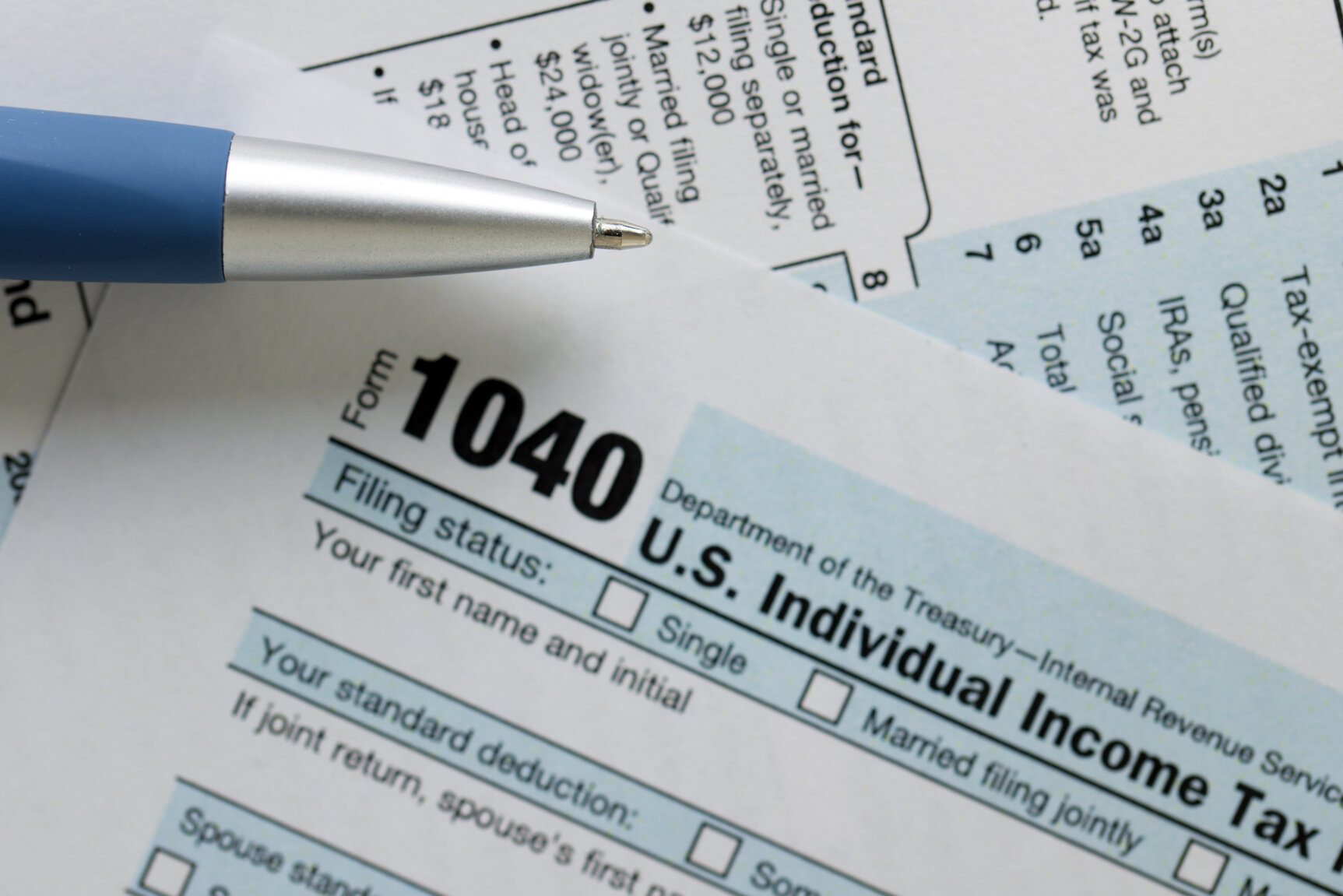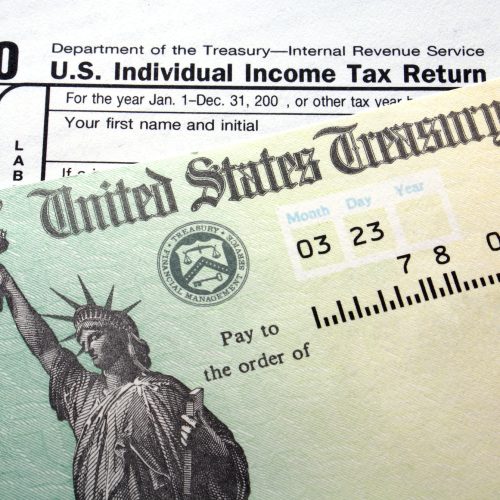At this point, there’s not much time left to complete your federal income tax return and file it for tax year 2021. The deadline, in fact, is just a little over a week away. April 18 of this year is when everyone’s federal tax return is supposed to be received by the IRS. But even though that day is fast approaching, rushing to complete your return is the last thing you want to do, raising the chance of a sloppy mistake — or worse.
In that scenario, there’s a chance you could actually do something that might trigger an audit from the tax agency. One such action on your part that could cause that result? An atypically large charitable deduction.
Why your tax return might trigger an audit

“Some people play the audit lottery, meaning they’ll do whatever they want and know that the chances of getting caught are slim,” John Apisa, a CPA and partner at PKF O’Connor Davies LLP, told CNBC. “That’s not a good philosophy to have, though.”
Some audits begin with an automated notice, sent out when the IRS’ systems catch an error. Such as when the tax forms you submit don’t match the income you reported. But experts also told CNBC that charitable deductions that are way out of whack, compared to your income, can also get flagged by the IRS. Say, for example, if you try to write off $60,000 in charitable deductions and your income was $90,000.
It should go without saying, but if you’re going to claim any charitable deduction of any size on your tax return? It needs meticulous documentation.
When can I expect my refund for 2022?
The other big tax-related question that people want to know, separate from the possibility of whether or not the IRS might audit them, is a pretty obvious one:
Where’s my refund? Specifically, how long will it take to get to me?
Here’s the answer to that one: 21 days. That’s generally how long you’ll need to wait if you’ve filed your federal income tax return for tax year 2021. “Generally,” though, is the all-important caveat here. All things being equal, that’s roughly how long it should take, according to the tax agency — from the time the IRS accepts your return until the refund lands in your bank account.
In a communication posted to the IRS website recently, the tax agency reiterated that most people get their refunds in 21 days or less. When, that is, they e-file their tax return. Also, when they also choose to have any refund direct-deposited. Those are two common but super-important conditions that impact the 21-day outcome.









